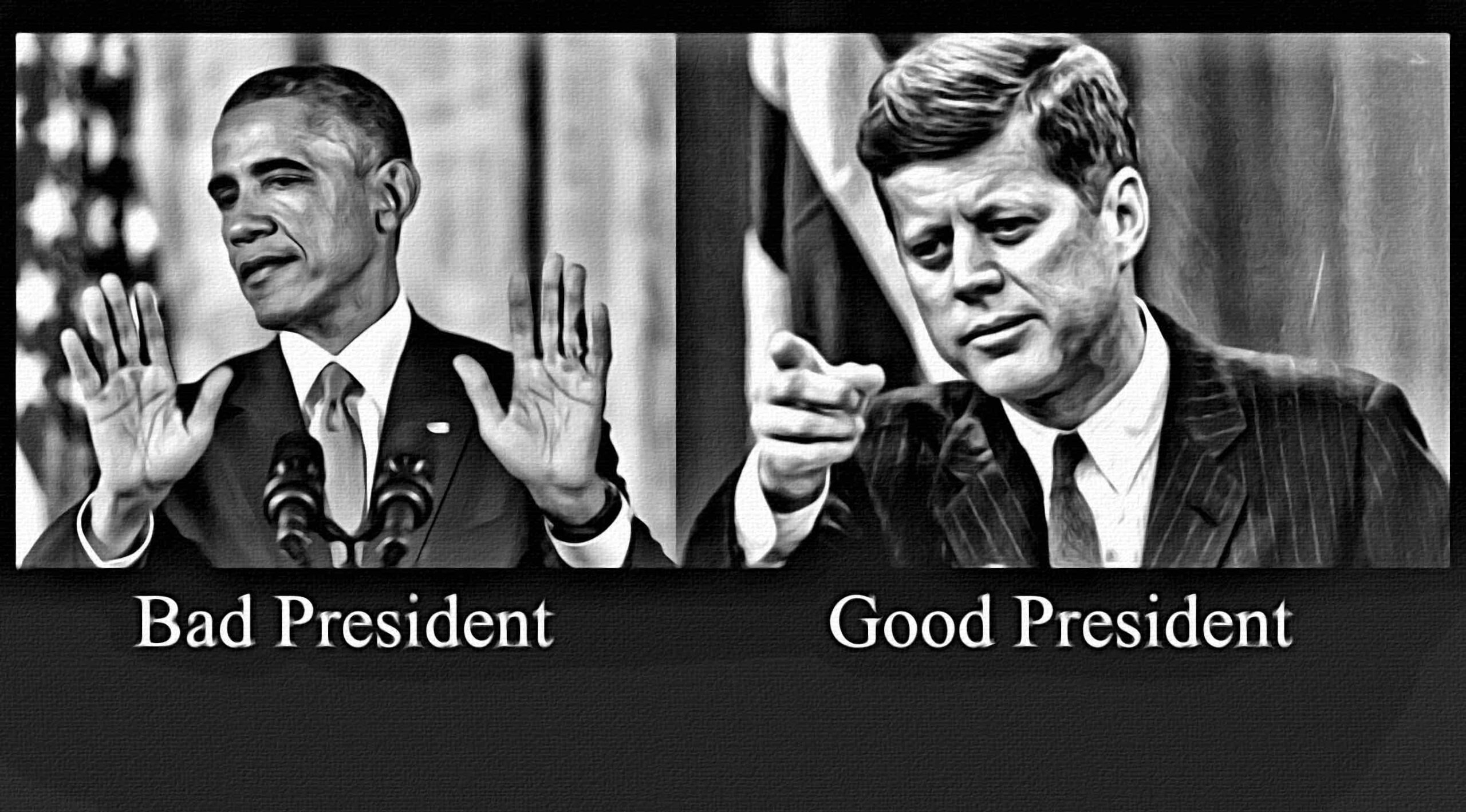Perhaps post-graduate economic studies in England is why I can support President Trump, because I’ll never forget how the Labour government left everyday Brits over-taxed and under-waged. Along came Maggie Thatcher, the daughter of a shopkeeper, who realized business inexperience and economic ignorance had been a pox upon Westminster too long. The “forgotten Britons” were her only care, and she knew a family’s finances trumped the do-good dreams of liberals.
Liberal politicians have hoisted this same pox upon “forgotten Americans.” For example, Democrats and their media allies are plagued by business inexperience (Biden) and economic ignorance (Pelosi); thereby fumbling their response to COVID. In short, they have mis-informed and over-reacted – perhaps for political purposes. Ask yourself: have they said one positive or hopeful thing about the economy this year?
For example, their so-called economists have sung a two-note opera that begins with Trump leading the US into depression and ends with Biden orchestrating an immediate turnaround. To make their case, they narrowly focus on gross domestic output (GDP) and ignore gross output (GO). Wrong! First, consumer spending and lay-offs are the effect – not the cause – of prosperity. Second, they ignore governor-forced shutdowns (e.g. Michigan) that lowered state GDP and consumer spending.
GO measures what GDP misses; business-to-business sales that are a better measure of the business investment and entrepreneurship that make up 50% of the US economy. This is true, and GO is predictive (GDP is reflective). Someone on Trump’s economic team saw that real GDP fell 9.0% in the first quarter, but real GO fell only 8.4%. In other words, business spending was outpacing household spending – the complete opposite of fall 2008, when real GDP fell 2.0% and real GO fell 6.6%.
In 2020, the White House wisely decided to feed America’s economic engine with the $1 trillion Paycheck Protection Program (PPP), wherein business would keep paying employees and suppliers in exchange for forgivable loans. I know firsthand the PPP decision saved the US economy – and why is that? Because PPP accentuated the positive (pre-COVID momentum) and eliminated the negative (lay-offs and payment defaults). Fact: my company’s customers have never payed so well.
In 2009, Obama’s team ignored GO, which had predicted the deep recession and pointed to a single solution; save the housing supply chain. His old-school stimulus did not work (no multiplier effect), and his bank policies denied home buyers and home sellers much-needed loans, making matters worse. Poor mortgagees lost their homes, and unsold housing stock depressed prices. It was amateur hour, featuring a man whose only work experience was registering poor Chicagoans to vote. Oops!
Romney exposed Obama’s ignorance in the first 2012 debate. Obama kept claiming the US was giving “tax breaks to companies that were shipping jobs overseas, a deduction for moving a plant overseas.” Romney corrected the incumbent: “The idea that you get a tax break for shipping jobs overseas is simply not the case.” There was never an IRS “tax break” for moving a plant overseas. I know because I was shipping jobs overseas in 2012.
What Romney and I knew in 2012 was that all business expenses are deductible. And, just as I could deduct my airfare to see a customer in Texas, I could deduct my airfare to check production in Malaysia. This “standard deduction” was re-messaged by the Obama campaign into a “tax break for the greedy” to anger blue-collar voters. Outed and aware of his ignorance, Obama stood in stunned silence – wishing he’d taken Accounting 101.
Kennedy was the last Democrat to realize and empower businesses to drive the economy, probably because of his entrepreneur father. When he said “a rising tide lifts all boats,” JFK was telling the nation what folks in company towns have long known. When the local mill is wide open, workers spend and borrow more, banks lend more, and businesses sell more goods and services. Multiply this times 36,000 US cities and towns. Now you know why the business savvy make better presidents.
